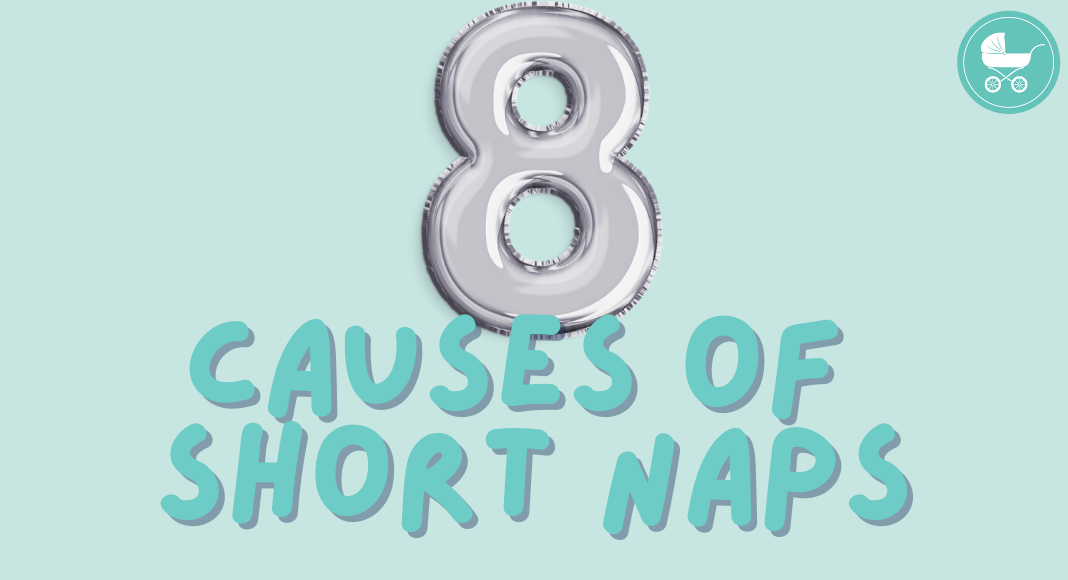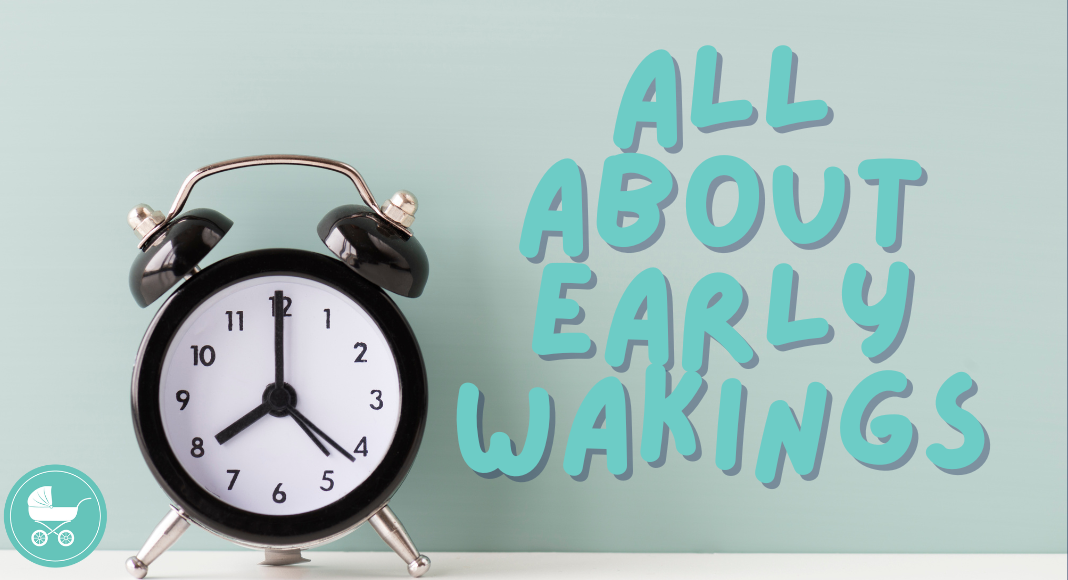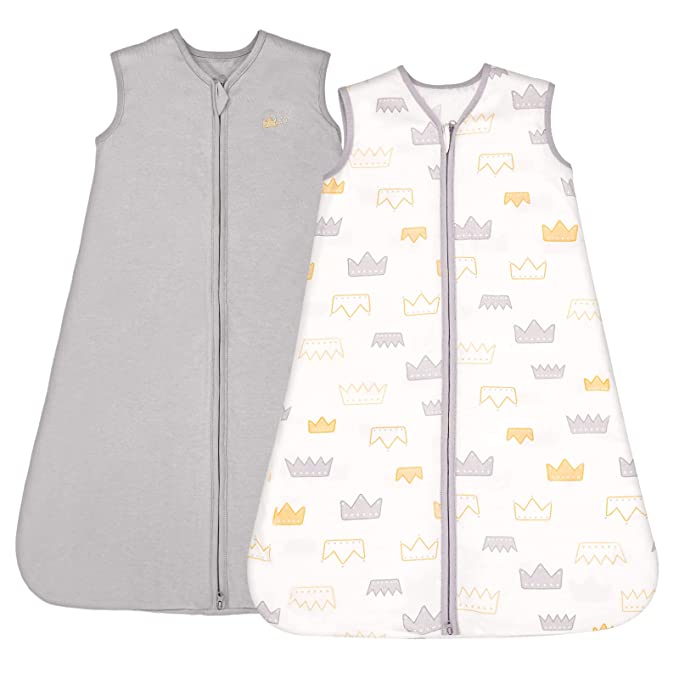
January 8, 2024
While these products are NOT necessary, they can be super helpful when helping your baby or toddler have healthy sleep habits. I used all of these products at one point or another with my three kids and even still use some of them to this day. What is the point of these baby sleep products? […]
The Best 7 Products for Baby & Toddler Sleep
While these products are NOT necessary, they can be super helpful when helping your baby or toddler have healthy sleep habits.
I used all of these products at one point or another with my three kids and even still use some of them to this day.
What is the point of these baby sleep products?
These sleep products that I’m recommending are considered positive sleep associations. Positive sleep associations are items that your baby comes to recognize as being associated with sleep.
When your baby hears the sound machine come on, or sees the dark room, or notices you’re putting their swaddle or sleepsack on, it’s a queue to them that it’s time to settle down and get ready to go to sleep.
The best products to assist with improving your baby or toddler’s sleep
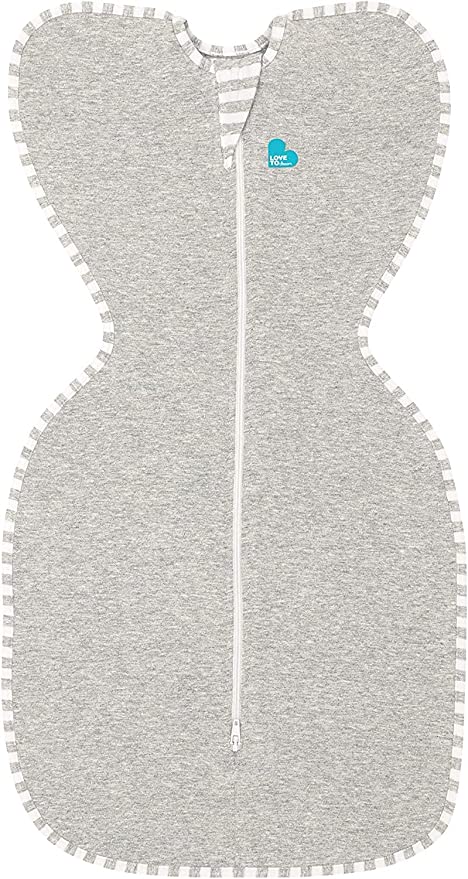
My Favorite Swaddle
Love to Dream Swaddle Up
My babies loved having their arms up, but still needed to be swaddled to soften their moro reflex so this was the best compromise.
- Zippered–no loud velcro!
- Best for babies who love having their arms up
- Bottom zipper for easy diaper changes
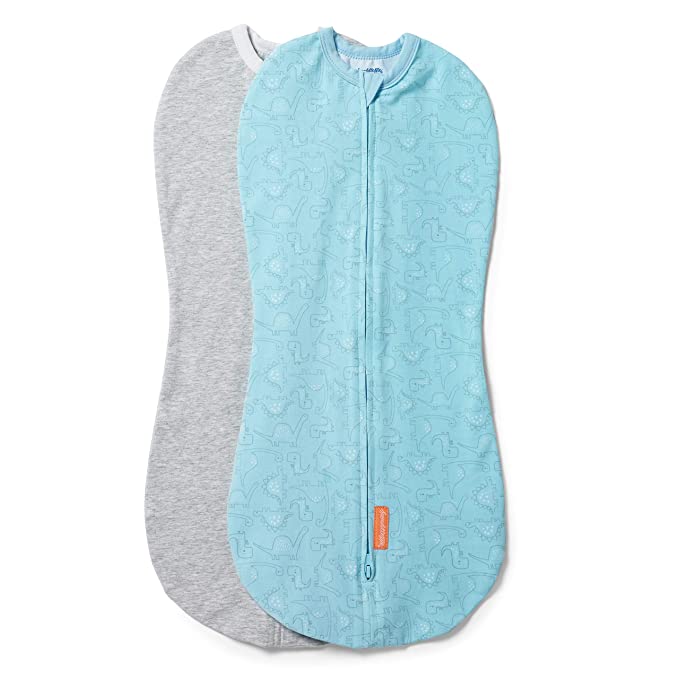
Second Fave Swaddle
SwaddleMe Pod
This is a good alternative to the Swaddle Up swaddle and is best for babies who don’t like having their arms up.
- Zippered, no velcro
- Bottom and top zipper so diaper changes are easy!
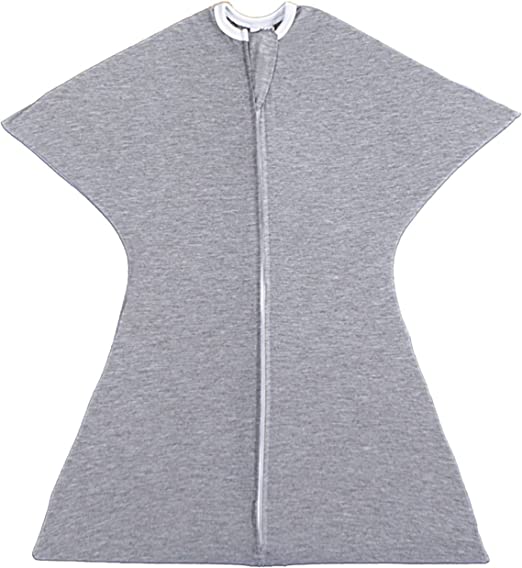
Best for Swaddle Transition
Sleeping Baby Zipadee-Zip
- Helps with continuing to soften the startle (moro) reflex
- Safe for babies who have started rolling over
- Not the best for babies who suck their hands or thumb (hands are covered)
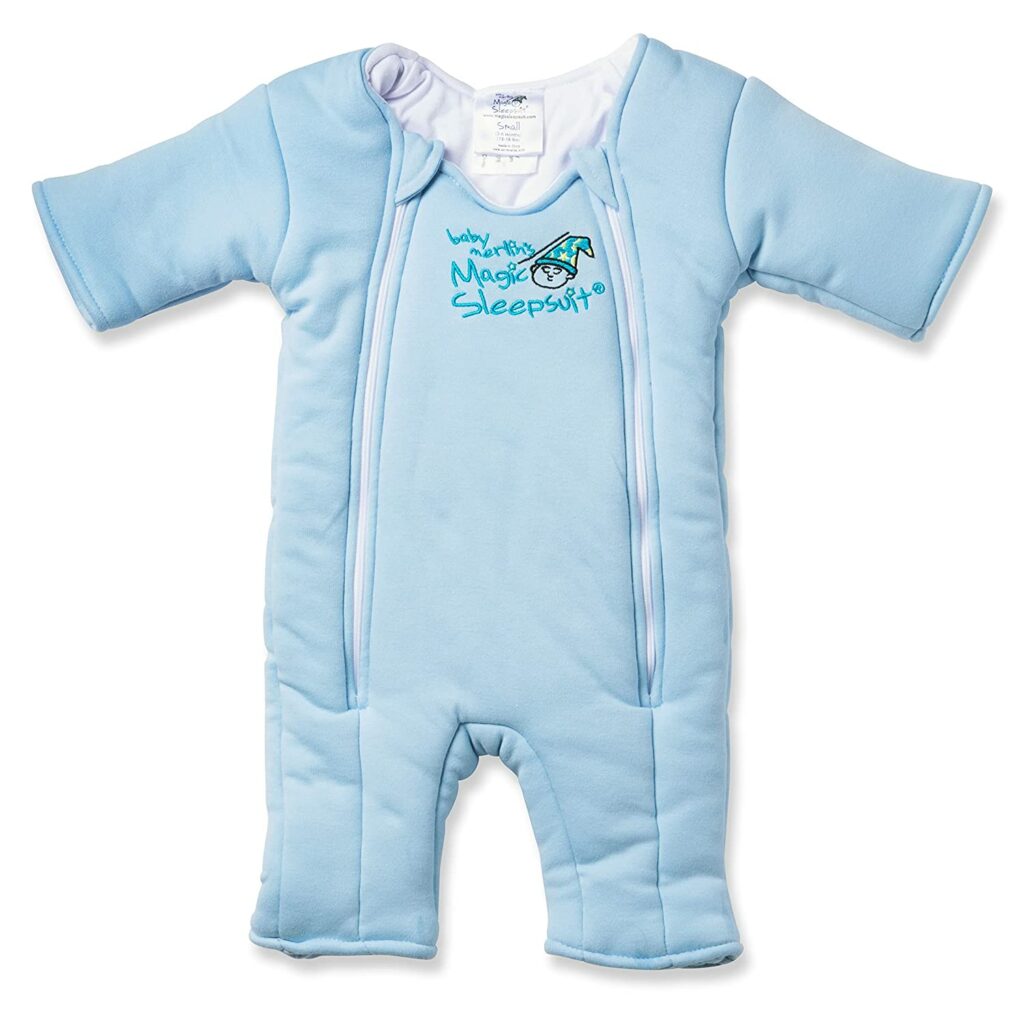
Best for Swaddle Transition
Magic Merlin Sleepsuit
- Helps with continuing to soften the startle (moro) reflex
- Safe to be used until baby is able to roll over IN the sleepsuit
- Can be worrisome for parents regarding being too warm (the company states that it is breathable and not too warm with a onesie)

Best Sleepsack
Tillyou Sleepsack
With my first baby I bought the most expensive sleepsacks because I figured they must be best. Over time I discovered these sleepsacks and fell in love! My 2-year-old still wears this brand.
- Much better price than Halo and other alternatives
- Lightweight for warm summer nights
- Long-lasting, high quality
- Bottom zipper makes for easy diaper changes
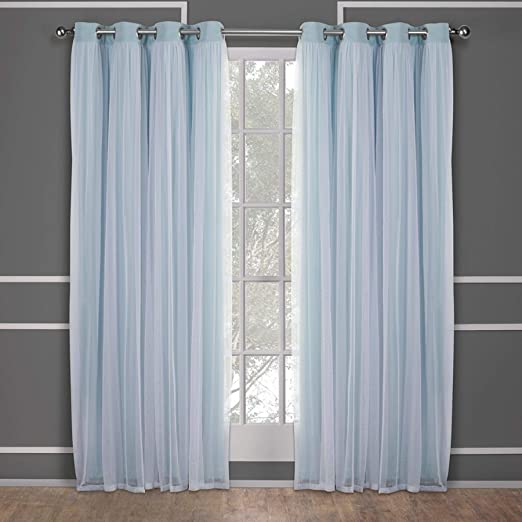
Prettiest Blackout Curtains
Catarina Layered Blackout Curtains
I’ve had a few different colors of these same curtains and not only are they super pretty for a nursery or toddler’s room, but they also help with sleep because they block out the light during the day!
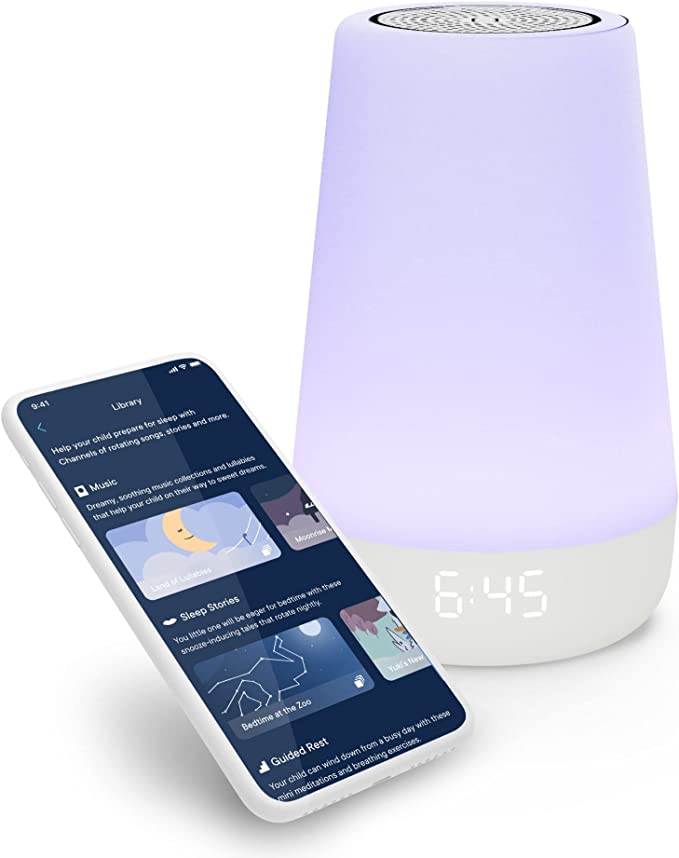
Best Sound Machine
Hatch Rest Baby Sound Machine
- Doubles as a night light
- Adjustable on your phone
- Works as an “okay to wake” clock when your baby is older
Frequently Asked Questions about baby sleep products
Do I really need these items?
While none of these items are 100% necessary, they certainly help with improving sleep. As an example, I do find that a swaddle is pretty important with helping newborns sleep longer periods of time due to the ability to soften the moro reflex.
White noise (Hatch machine) is also super helpful for both calming a fussy baby and for blocking out noise from other parts of the house.
Do these items actually help baby sleep?
They definitely can, depending on which item we are talking about! For the most part, these items may not necessarily help baby initially fall asleep but they do help with extending the length of your child’s sleep. Here are some examples of that by item:
- As an example, a swaddle or swaddle transition item will help your baby sleep longer because it softens their startle reflex.
- The Hatch machine can help a toddler stay in their room longer in the morning once they learn how to know when it’s “time” to wake up by the color of the light.
- Blackout curtains can help improve the quality and length of naps because bright light naturally wakes us up.
Can I give my baby melatonin?
I would not recommend giving melatonin to a child of any age without it being recommended by your pediatrician. There isn’t enough research on the long-term effects of melatonin for us to know whether it is safe or not. While melatonin is a naturally produced hormone, the amount that our body produces naturally is extremely tiny in comparison to the dose that is provided in supplements that you can buy at the store. There isn’t any research on how this large amount of melatonin can impact our bodies over time.
Sleep challenges are typically related to developmental milestones, lack of sleep training and/or other behavioral factors. While melatonin may seem like a fast solution, it isn’t clinically proven to help your child STAY asleep, so you will still end up facing sleep challenges later in the night.
Why does my baby wake up after I put him/her down?
Without having the specific details of your sleep situation, it’s hard to say for sure. However, what I most commonly see is that when a baby wakes up as soon as they are put down (or shortly after), it is because they haven’t learned how to self-soothe or be able to fall asleep or back to sleep independently.
The best way to help your baby or toddler learn how to fall asleep (and back to sleep) independently, is through gentle sleep training. Healthy, full-term babies over 12 weeks of age are developmentally able to sleep independently and this is most commonly taught through sleep training.
If you are ready, you can research and find a sleep training method that feels aligned with your parenting style and then the most important thing is to implement with consistency.
If you want to cut through all the noise that you find on google (and in every day interactions) about sleep training, let’s chat! I can help you “get to the answer” and solution as fast as possible and in most cases, you can reach your sleep goals in as little as 7 days.
The last thing you need to know about baby sleep products
- While none of these items are 100% necessary, they definitely help with improving and/or extending your baby or toddler’s sleep
- Have you tried any of these items? I’d love to hear your thoughts in the comments!
Get instant access to our free sleep class for children from newborn to 5 years old. You will learn how to get your child to sleep independently -- and all through the night!
Get Your Child To Sleep All Night Long in as Little as 7 Days!
join the free class
THE CLASS
